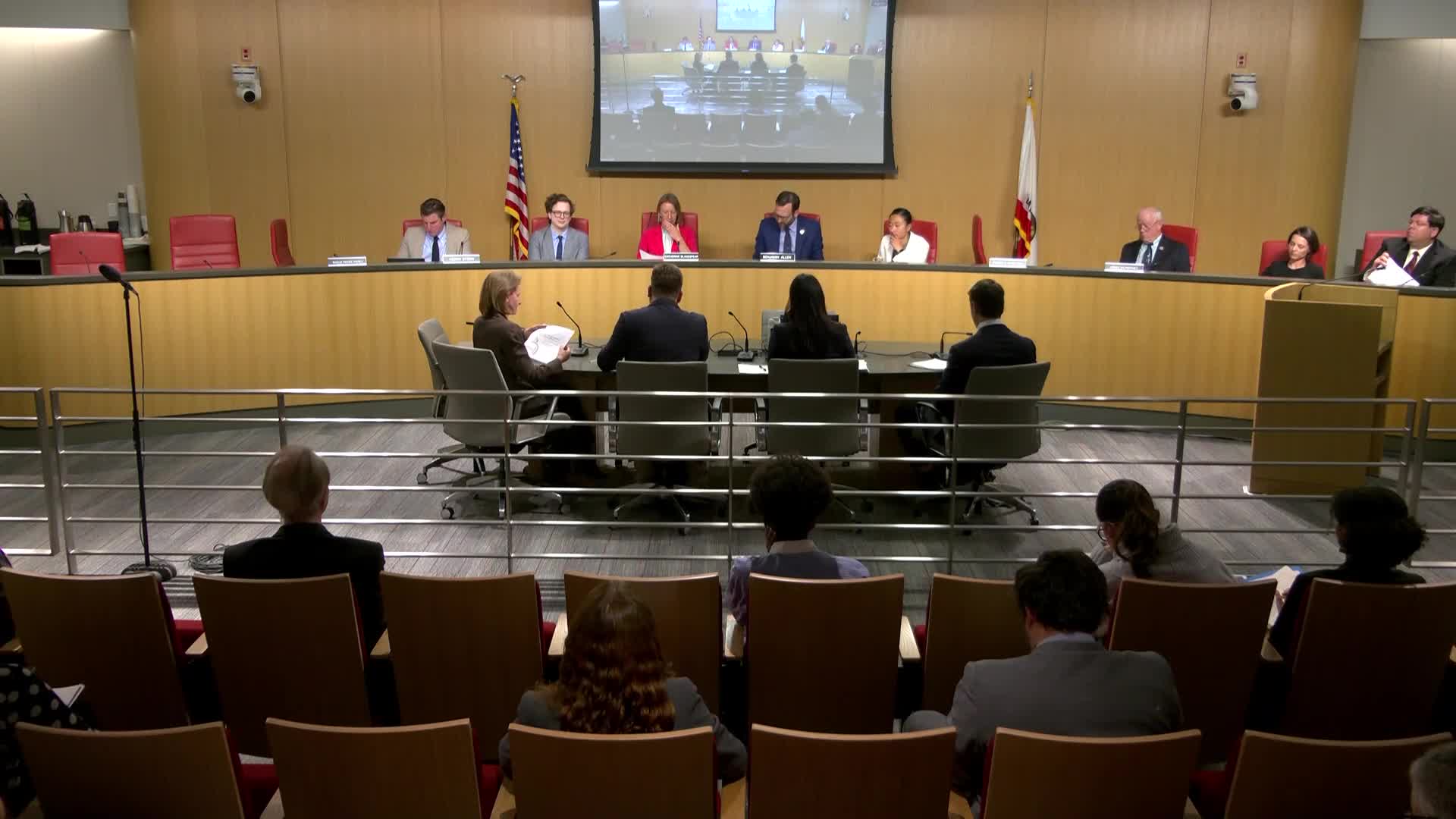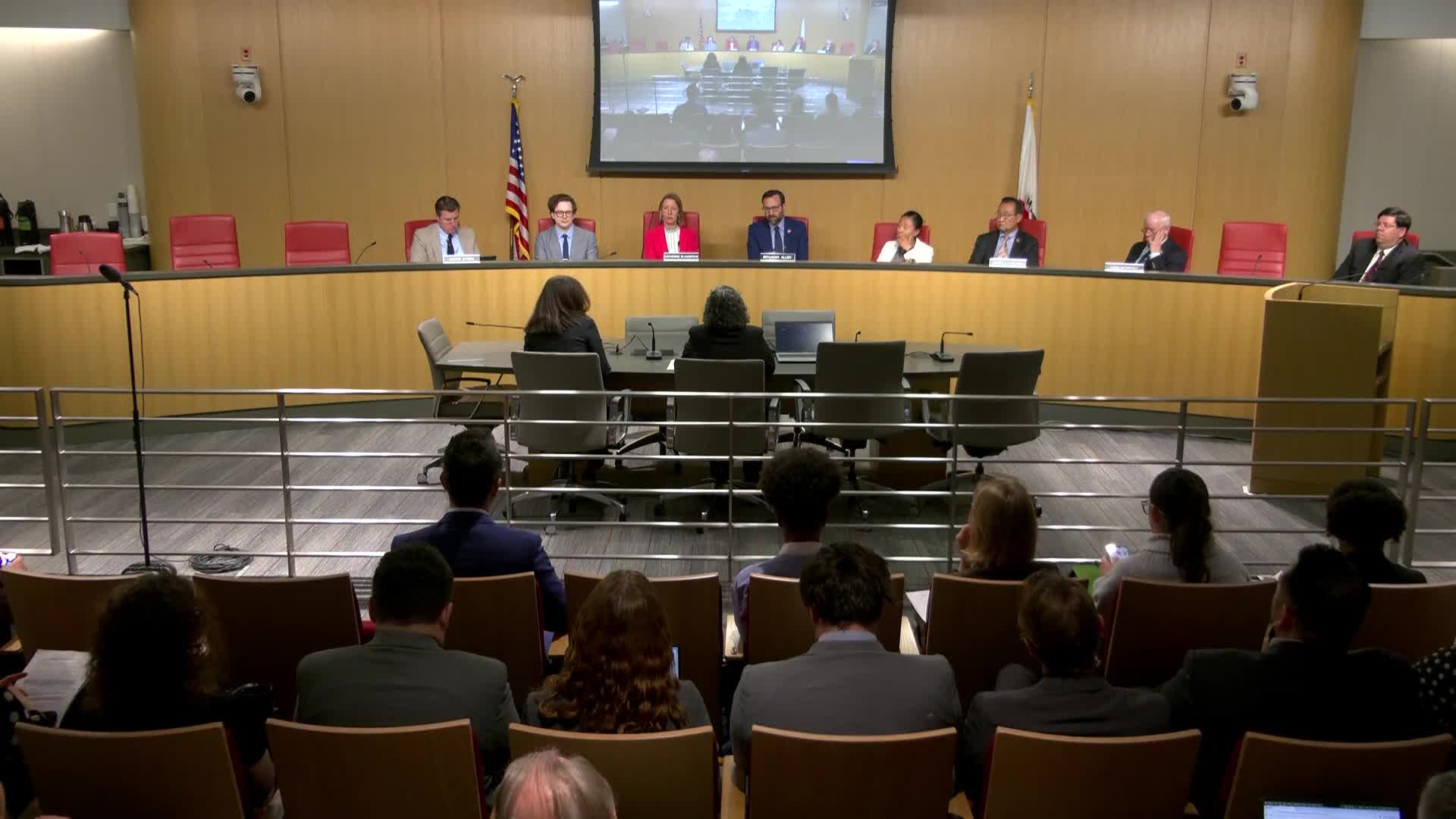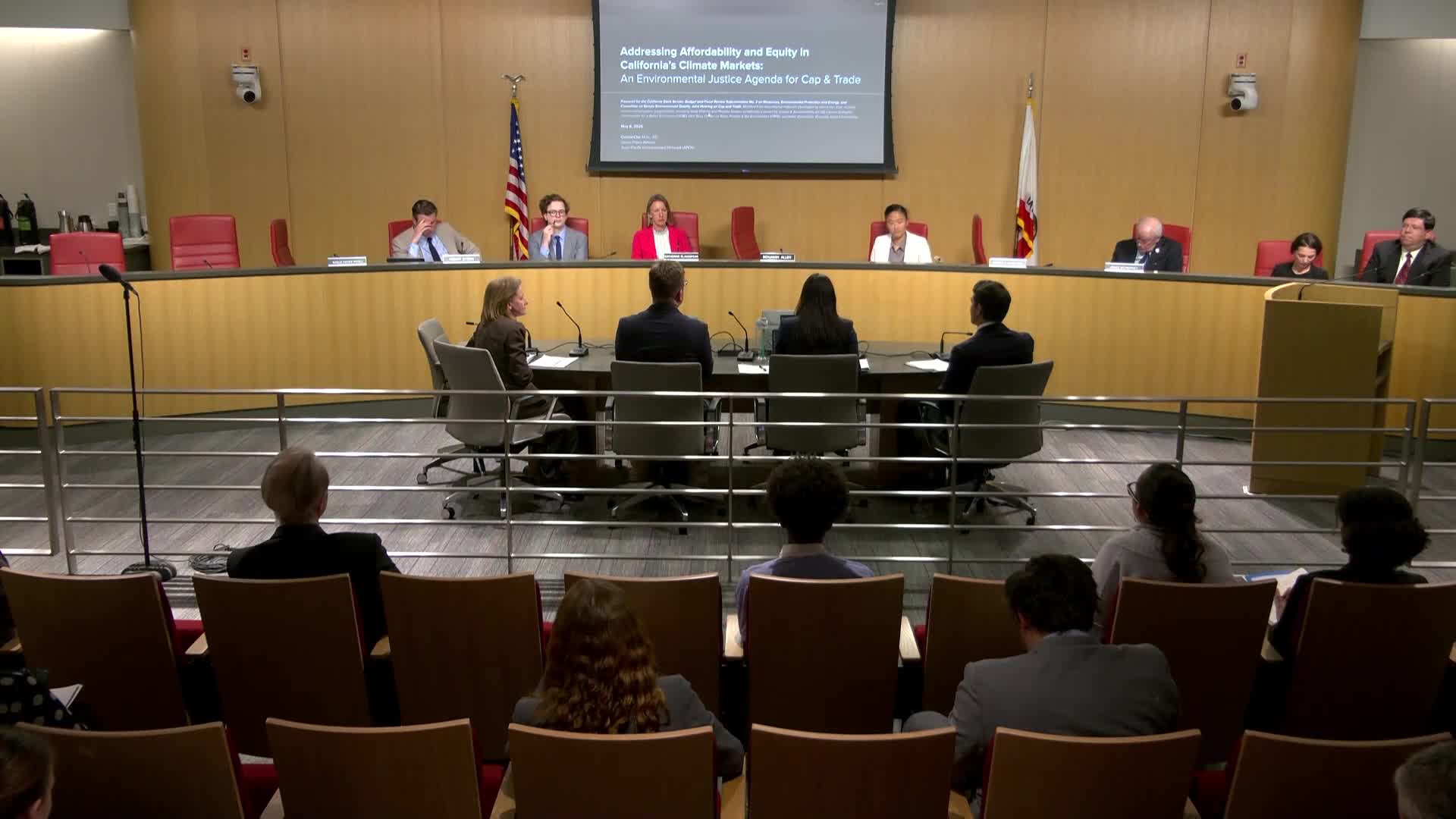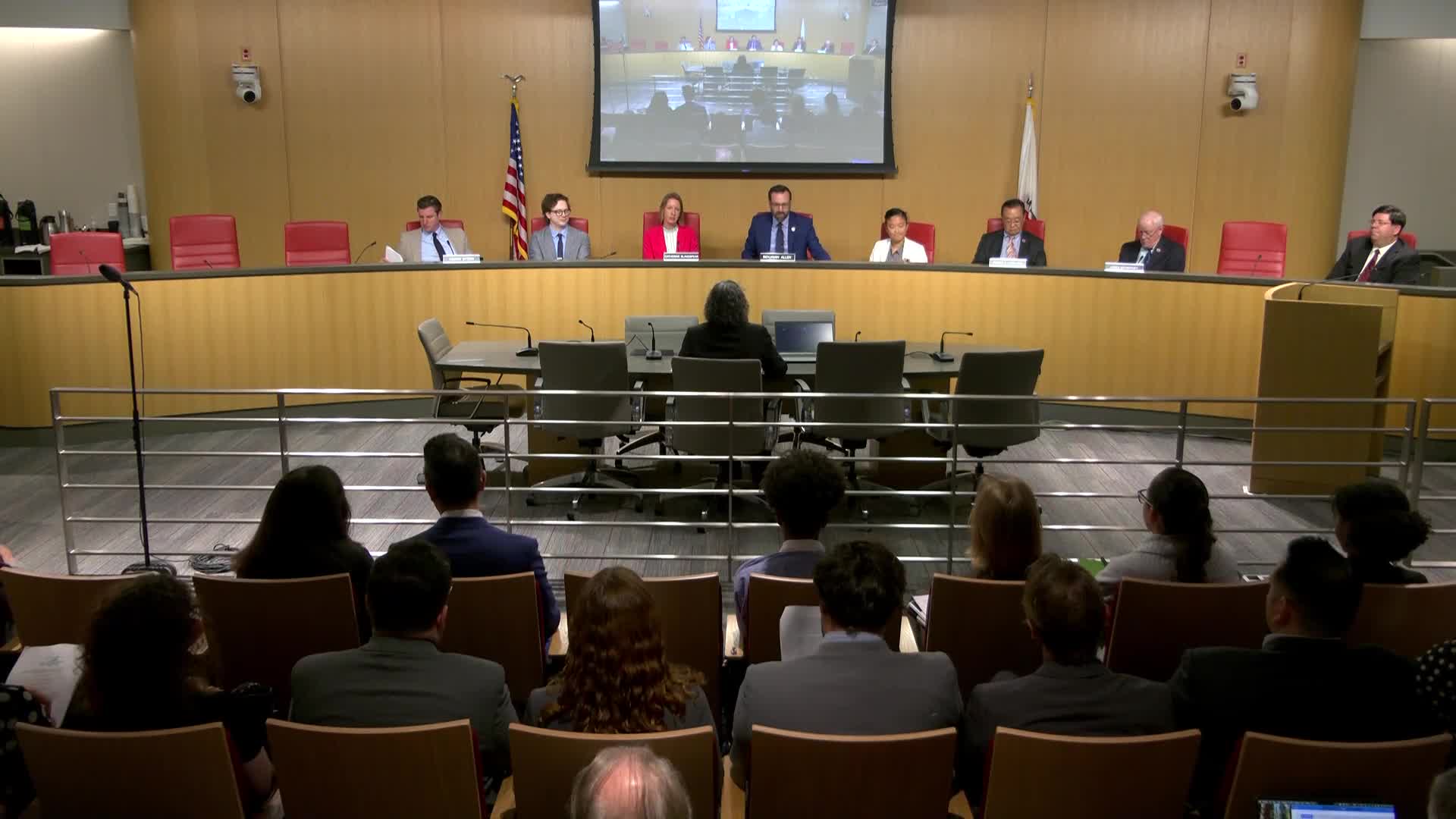Article not found
This article is no longer available. But don't worry—we've gathered other articles that discuss the same topic.

Price collar, allowance counts and free allowances emerge as focal points in reauthorization debate

Offset integrity and enforcement draw scrutiny from senators and public: water and permit violations cited

Senators and advocates spar over how to spend cap‑and‑trade proceeds: housing, transit, nature and agriculture vie for funds

